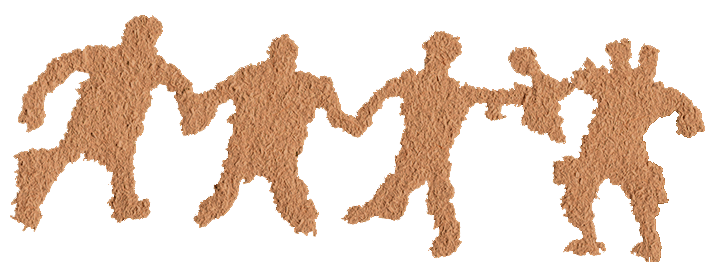Language Keepers began in 2006 as an experimental project to document endangered languages, addressing a central dilemma in endangered language work: the decline and loss of public group discourse. When a language is no longer spoken in groups outside the family or in public, it cannot be passed on or documented effectively.
The loss of public speaking is a significant symptom of language endangerment.
Language Keepers uses an innovative approach combining descriptive linguistics, documentary video, and community outreach to encourage speaker groups to use heritage language in traditional and contemporary activities, while being filmed, for language learning, dictionary development, research, cultural transmission, and revival.
In our 14 years of documentation with the Passamaquoddy and Maliseet people of Eastern Maine and New Brunswick, Language Keepers filmed more than 100 hours of natural group conversation with 85 speakers. Originally producing 8 DVDs of edited programs subtitled in Passamaquoddy and English, we have added two more, and since 2015, we have been posting the documentation to the Passamaquoddy-Maliseet Portal.
The data from the filming has contributed hundreds of new words to the online Passamaquoddy-Maliseet dictionary, has stimulated language revival programs for people who understand but cannot speak, and has identified new sources of resiliency and leadership in the language-speaking community.
To distinguish Language Keepers as an evolving media-based methodology for language documentation and revival, Speaking Place was created in 2010 as a vehicle for promoting language revival work anywhere in the world. Today Speaking Place, with its Mexican collaborators, has created TAVICO (Community Video Workshop of Oaxaca) and supports language revival programs in 9 communities in the State of Oaxaca. In addition, we regularly teach, publish, and contribute to international conferences on language revival.
The Passamaquoddy-Maliseet Portal now integrates dictionary development with media archives of Passamaquoddy language and culture, including public access and feedback functions, to create a resource that encourages language use, language learning, research, and continuing documentation.
The Portal has stimulated the training of indigenous filmmakers in IT skills as well as transcription and translation. In this process, the speakers being documented become self-documenting and create a self-sustaining documentation and language learning and teaching resource for the community.
The original Language Keepers team included David Weiss, archive development; Robert Leavitt, linguist educator; Ben Levine, filmmaker, project director; Julia Schulz, language educator; Barbara Manning, project administrator. Language Keepers was a project of the National Science Foundation and the National Endowment for the Humanities Documenting Endangered Languages Program. The documentation took place at the Passamaquoddy communities of Pleasant Point and Indian Township (Maine), and Tobique First Nation (New Brunswick, Canada). The fiscal sponsor and archive partner was Northeast Historic Film Archive, Bucksport, Maine. The Portal was developed and is hosted and maintained by the Centre for Digital Scholarship, University of New Brunswick, Fredericton, NB, Canada.
Contact • Speaking Place • PO Box 905, Rockland, ME 04841
For copies of Language Keepers videos or documents, please contact
Northeast Historic Film • PO Box 900, Bucksport, ME 04416 - 800.639.1636
